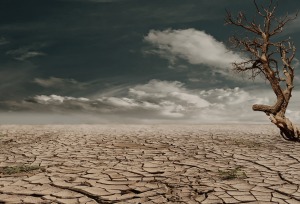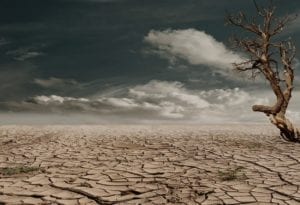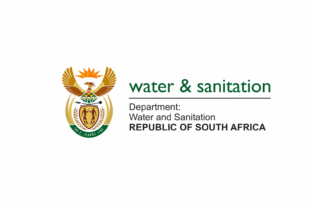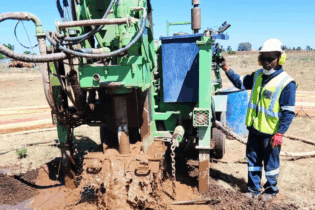 Following a successful two-day drought dialogue, the Western Cape government has compiled a list of priority areas that will drive the province’s drought mitigation strategies into the future.
Following a successful two-day drought dialogue, the Western Cape government has compiled a list of priority areas that will drive the province’s drought mitigation strategies into the future.
The drought dialogue was hosted by Alan Winde, Minister of Economic Opportunities and Agriculture, and Anton Bredell, Minister of Local Government, Environmental Affairs and Development Planning.
The primary goal of the indaba was to develop strategies to mitigate the impact of the drought on the Western Cape’s agriculture sector. Over 100 delegates, including farmers, analysts, national and provincial government officials, Agri-Western Cape, AFASA and academics took part in the workshop.
“The debate was vital and provided a lot of food for thought. At the conclusion we arrived at 32 priority areas we need to address in order to make the agriculture sector more resilient in the future. These will now all receive attention,” said Winde.
From the 32 priority challenges a total of five were identified as top priorities to receive immediate attention and focus. These five issues will now be addressed by the provincial drought task teams.
They are:
- Addressing the issue of bridging finance to keep emerging farmers on farms.
- Optimising water usage.
- More accurate predictions of droughts and disasters – and better communication on the matters with stakeholders.
- Developing a social security net to support mostly rural communities and farmworkers adversely affected by droughts.
- Revisit water management and policies that are meant to build new infrastructure like dams.
Bredell said in addition to the province’s drought task team, the province’s ground-breaking climate change response strategy, known as Smart-Agri is already in place to address climate change related challenges over the long-term.
“This comprehensive climate change response plan sets out a roadmap to combat the impact of extreme weather events on the province’s agriculture sector.”
If not addressed, climate change will have the following negative impacts on the region.
- Higher minimum and maximum temperatures, particularly inland.
- Increases in annual temperatures of 1.5 degrees to 3 degrees.
- More hot days and fewer cold and frost days.
- Reduced annual rainfall by mid-century.
Minister Winde said: “In the recent past we’ve had severe floods, droughts and heat waves. Between 2003 and 2008, these events cost our economy over R3 billion. This underscores the need for urgent action to protect our sector from the threats of climate change. If we do not act, jobs and revenue are on the line.
That’s why, in the Western Cape, we granted emerging farmers emergency funding to ensure that they can pay their workers, and do not go out of business due to the losses they suffer because of the drought. In total, we have allocated R32 million in drought relief to date. Next month, we will allocate an additional R9 million for the purchase of fodder.”
Minister Bredell agreed that extreme weather events are threatening food security and economic growth: “We have many vulnerable communities facing extreme levels of poverty, economic, health and housing challenges that are being compounded by climate change and drought in particular. Worst of all is the fact that the most vulnerable among us are being hit the hardest.”
 Following a successful two-day drought dialogue, the Western Cape government has compiled a list of priority areas that will drive the province’s drought mitigation strategies into the future.
Following a successful two-day drought dialogue, the Western Cape government has compiled a list of priority areas that will drive the province’s drought mitigation strategies into the future.






